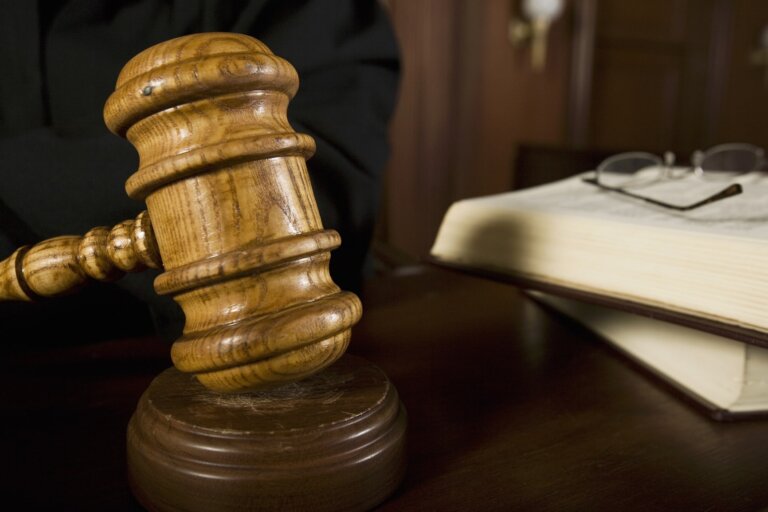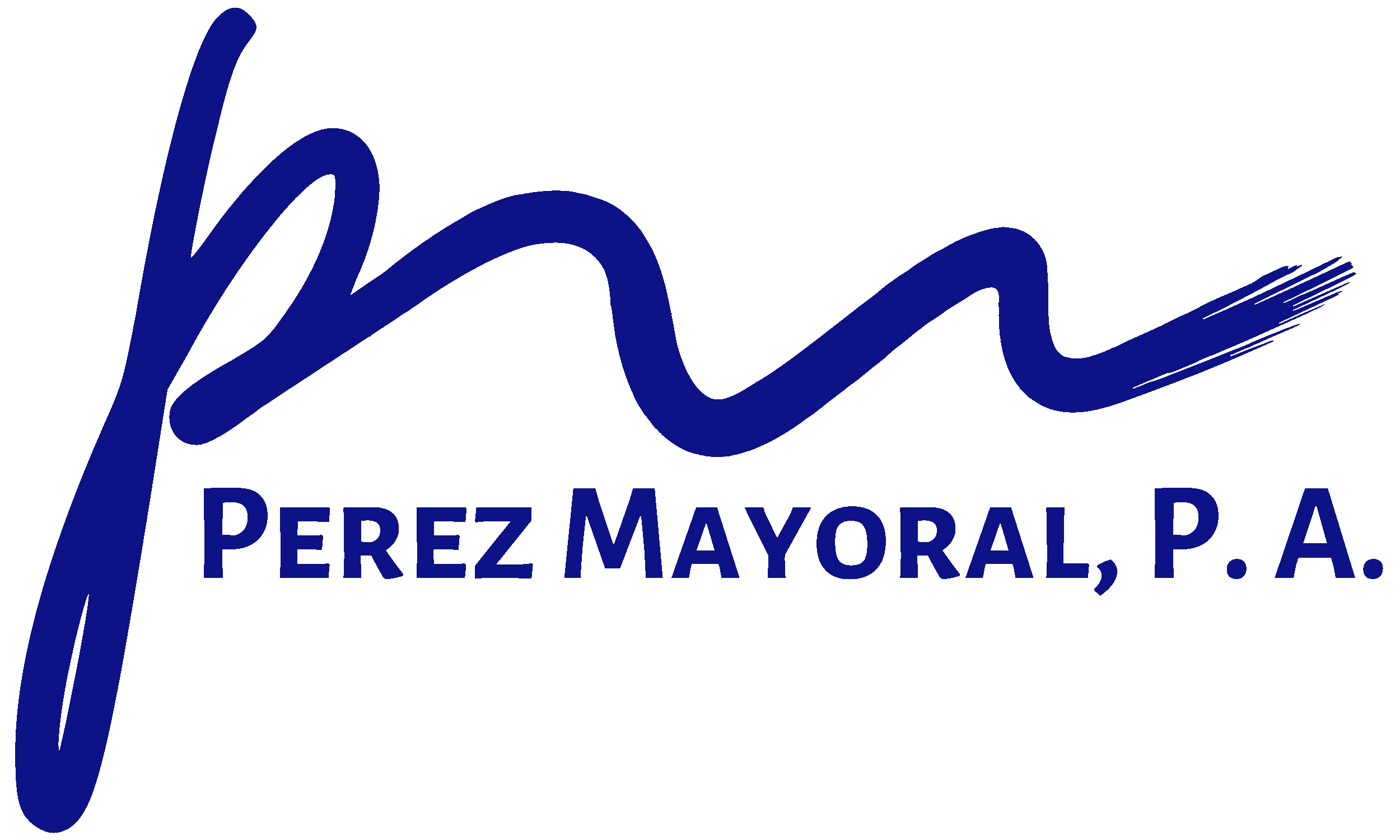As a homeowner in Florida, understanding your right to access association records is crucial for ensuring transparency and proper governance within your community. Whether you live in a homeowners’ association (HOA) or a condominium association, Florida law grants you specific rights to review various documents maintained by your association.
At Perez Mayoral, P.A., we frequently assist homeowners who need to access association records but encounter resistance or confusion about what documents they’re entitled to see. This article will explain the statutory rights you have to access both HOA and condominium association records in Florida.
Two Different Statutes: Understanding The Legal Framework
In Florida, two different statutes govern records access depending on whether you live in an HOA or a condominium:
- For Homeowners’ Associations (HOAs): Florida Statutes § 720.303 outlines the powers and duties of HOAs, including meeting requirements and records access (subsections (4) and (5)).
- For Condominium Associations: Florida Statutes § 718.111(12) details the records that condominium associations must maintain and provide to unit owners upon request.
While these statutes share many similarities, there are important differences in their specific requirements and procedures. Let’s examine each in detail.
HOA Records Access And Maintenance Under Florida Statutes § 720.303(4)–(5)
Official Records Required to be Maintained
Under Florida Statutes § 720.303(4), the official records of a homeowners’ association must include, when applicable, and must be maintained for at least 7 years (unless otherwise required by the governing documents), the following:
- Plans, specifications, permits, and warranties related to improvements constructed on the common areas or other property that the association is obligated to maintain, repair, or replace.
- The bylaws of the association and each amendment thereto.
- The articles of incorporation of the association and each amendment thereto.
- The declaration of covenants and each amendment thereto.
- The current rules and regulations of the homeowners’ association.
- Minutes of all meetings of the board of directors and of the members.
- A current roster of all members, including:
- Their designated mailing addresses and parcel identifications.
- The member’s property address is the default mailing address unless a different one is provided in writing.
- Any e-mail addresses or facsimile numbers designated by members who have consented in writing to receive electronic notice.
- These electronic contact details must be removed if a member revokes consent.
- The association is not liable for erroneous disclosure of this electronic information.
- All of the association’s insurance policies or copies thereof.
- Current copies of all contracts to which the association is a party, including:
- Management agreements, leases, or any other contracts under which the association has obligations.
- Bids received for work to be performed (must be retained for at least 1 year).
- Financial and accounting records, maintained according to good accounting practices, including:
- Accurate, itemized, and detailed records of all receipts and expenditures.
- A current account and periodic statement for each member, showing:
- Member name and address.
- Due dates and amounts of assessments or other charges.
- Dates and amounts of payments.
- Current balance due.
- All tax returns, financial statements, and financial reports.
- Any other financial records that identify, measure, record, or communicate financial information.
- A copy of the disclosure summary required by § 720.401(1).
- Voting-related documents, including:
- Ballots, sign-in sheets, voting proxies, and all other papers or electronic records related to parcel owner voting.
- Must be maintained for at least 1 year after the relevant vote, election, or meeting.
- All affirmative acknowledgments made under § 720.3085(3)(c)3 (regarding delinquent assessment obligations).
- Any other written records of the association, not specifically listed above, which are related to the operation of the association.
Access To HOA Records
Florida Statutes § 720.303(5)(a) requires official records to be made available to parcel owners for inspection or copying within 10 business days of receiving a written request. Records must be available within 45 miles of the community or within the county in which the association is located. Associations may alternatively provide access electronically.
The statute also provides:
- Associations may adopt reasonable rules about the frequency, time, and manner of inspection (§ 720.303(5)(g)).
- A parcel owner does not have to state a reason for requesting the records.
- Associations must allow the use of portable scanning devices, and may charge limited, reasonable copying fees.
Records Exempt From Inspection
Florida Statutes § 720.303(5)(g) lists records that are not accessible to members or parcel owners, including:
- Any record protected by the lawyer-client privilege (s. 90.502) or work-product privilege.
- Information related to the lease, sale, or transfer of a parcel.
- Guest and visitor information in gated communities.
- Personnel records of association or management employees.
- Medical records of parcel owners or residents.
- Social security numbers, driver license numbers, credit card numbers, electronic contact information, emergency contact info, and other identifying information (except name, parcel designation, mailing and property address).
- Electronic security measures and passwords.
- The software and operating systems used by the association (though the underlying data is still a record).
- Affirmative acknowledgments made under § 720.3085(3)(c)3.
Penalties For Failure To Provide Records
Under Florida Statutes § 720.303(5)(c):
- A member who is denied access to official records is entitled to actual damages or minimum damages of $50 per calendar day, up to 10 days, starting on the 11th business day after the request was received.
How To Submit A Proper Records Request
When requesting HOA records, the best practice is to:
- Prepare a formal written request that specifically identifies the records you wish to inspect.
- Include a reference to Florida Statutes § 720.303(5).
- Send your request via U.S. certified mail, return receipt requested.
- Address it to the HOA’s registered agent listed on the Florida Division of Corporations website (www.sunbiz.org).
- Keep a copy of your request and all delivery confirmation receipts.
This formal approach creates a clear paper trail with verifiable dates that will be important if the association fails to comply within the statutory timeframe of 10 business days.
Sample HOA Records Inspection Request Template
[Your Name]
[Your Address]
[City, FL ZIP]
[Your Email] | [Your Phone]
[Date]
VIA CERTIFIED MAIL, RETURN RECEIPT REQUESTED
[HOA Name]
[HOA Registered Agent Name]
[Registered Agent’s Address]
[City, FL ZIP]
Re: Records Inspection Request – § 720.303(5), Fla. Stat.
Dear [Name of HOA],
Pursuant to Fla. Stat. § 720.303(5), I request to inspect and copy the following records of [Association Name]:
- [e.g., Board meeting minutes from Jan. 1, 2024 to present]
- [e.g., Current insurance policies]
- [e.g., Financial statements for the past two years]
- [e.g., Current board roster]
- [Any other records]
Please make these available within 10 business days, as required by law. I propose [insert date/time] for the inspection or another mutually agreeable time within the statutory window.
You may contact me at [email] or [phone] to confirm logistics.
Sincerely,
[Your Signature]
[Your Name]
[Your Property Address in the Association]
Condominium Records Access And Maintenance Under Florida Statutes § 718.111(12)
Official Records Required to be Maintained
Under Florida Statutes § 718.111(12)(a), condominium associations must maintain the following official records from the inception of the association:
- Plans, permits, warranties, and other developer documents required by § 718.301(4).
- Recorded declaration of condominium and all amendments.
- Recorded bylaws and all amendments.
- Articles of incorporation or other creating documents and amendments.
- Current rules of the association.
- Minutes of all meetings of the association, board, and unit owners.
- Current roster of all unit owners, including:
- Mailing addresses, unit identifications, and voting certifications.
- Telephone numbers (if known).
- Email addresses and facsimile numbers (for those who consented).
- Associations must redact and protect personal data shared without consent.
- All current insurance policies.
- Management agreements, leases, or contracts to which the association or unit owners are obligated.
- Bills of sale or transfer documents for association property.
- Accounting records, including:
- Accurate, itemized, and detailed records of receipts and expenditures.
- Invoices, transaction receipts, and deposit slips.
- Individual account records and periodic statements for each unit.
- Audits, reserve studies, and financial reports (including structural integrity reserve studies, retained for 15 years).
- Contracts and bids (retained for 1 year).
- Voting records, such as ballots, sign-in sheets, and proxies (retained for 1 year).
- Rental records, if the association acts as rental agent.
- Question and answer sheet under § 718.504.
- Inspection reports under §§ 553.899 and 718.301(4)(p) (retained for 15 years).
- Bids for materials, equipment, or services.
- Affirmative acknowledgments under § 718.121(4)(c).
- Building permits.
- Board member education certificates.
- Any other operational records not specifically listed above.
Access To Condominium Records
Florida Statutes § 718.111(12)(c) requires that records:
- Be open for inspection by members or their representatives at reasonable times.
- Be made available within 10 working days of a written request.
- Be available within 45 miles of the condominium or within the same county.
- May also be provided electronically, including via secure online portals.
Additional key access rights include:
- No requirement to state a purpose for inspection.
- Renters may access only limited documents (e.g., declaration, rules, inspection reports).
- Associations must allow use of portable scanning devices free of charge.
- A checklist of records produced must be provided upon inspection.
Records Exempt From Inspection
Certain records are excluded from inspection under § 718.111(12)(c)5, including:
- Privileged legal documents under s. 90.502 and the work-product doctrine.
- Information related to unit transfers (e.g., sales, leases).
- Personnel records (excluding contracts and compensation).
- Medical records of owners.
- Sensitive personal information, including:
- Social Security numbers
- Driver license and credit card numbers
- Personal email addresses and phone numbers (unless consented)
- Emergency contacts
- Addresses not designated for notice
- Security-related information (e.g., passwords).
- Software and operating systems, though underlying data remains accessible.
- Affirmative acknowledgments under § 718.121(4)(c).
Penalties For Failure To Provide Records
Under Florida Statutes § 718.111(12)(c)1.a:
- A unit owner denied access to records may recover actual damages or minimum damages of $50 per day, for up to 10 days, beginning on the 11th working day after the request is received.
- Prevailing owners in enforcement actions may also recover reasonable attorney’s fees.
How To Submit A Proper Records Request (Condominium)
When requesting condominium records, best practices include:
- Submit a formal written request clearly identifying the records.
- Reference Florida Statutes § 718.111(12).
- Send via U.S. certified mail, return receipt requested.
- Address to the registered agent listed on www.sunbiz.org.
- Retain copies and delivery confirmations.
This formal approach creates a clear paper trail with verifiable dates that will be important if the condominium association fails to comply within the statutory timeframe of 10 business days.
Sample Condominium Records Inspection Request Template
[Your Name]
[Your Address]
[City, FL ZIP]
[Your Email] | [Your Phone]
[Date]
VIA CERTIFIED MAIL, RETURN RECEIPT REQUESTED
[Registered Agent’s Name]
[Registered Agent’s Address]
[City, FL ZIP]
Re: Records Inspection Request – § 718.111(12), Fla. Stat.
Dear [Association or Agent Name],
Pursuant to Fla. Stat. § 718.111(12), I request to inspect and copy the following records of [Condominium Association Name]:
- [e.g., Board meeting minutes from Jan. 1, 2024 to present]
- [e.g., Current insurance policies]
- [e.g., Financial statements for the past two years]
- [e.g., Most recent milestone inspection report]
- [Other records]
Please make these available within 10 working days, as required by law. I propose [insert date/time] for the inspection or another mutually agreeable time.
You may contact me at [email] or [phone] to confirm.
Sincerely,
[Your Signature]
[Your Name]
[Your Unit Number]
How Perez Mayoral, P.A. Can Help
If your HOA or condominium association is refusing to provide access to records you’re legally entitled to review, our firm can assist in a variety of ways:
- Document Preparation: We can prepare formal written requests that clearly identify the records you’re entitled to and cite the appropriate statutory authority.
- Inspection Support: We assist clients with scheduling, attending, and reviewing record inspections to ensure compliance with legal requirements.
- Enforcement and Litigation: If your association fails to comply with a proper records request, we can take legal action to compel access, including pursuing damages where appropriate.
- Investigations and Dispute Support: We work with groups and professionals who investigate associations for misconduct, financial mismanagement, and other forms of malfeasance.
- Ongoing Representation: If your review of the records reveals problems, our firm represents homeowners in disputes against their associations.
Contact Us Today
If you’re having trouble accessing records from your HOA or condominium association in Florida, contact Perez Mayoral, P.A. at (305) 928-1077 or email us at [email protected] for a consultation. Our experienced attorneys exclusively represent homeowners—never associations—and can help you understand and enforce your rights under Florida law.
This article contains general legal information and should not be construed as legal advice for any specific situation. If you are facing a legal issue with your association, please consult with our Fort Lauderdale, FL condo attorney who can provide guidance tailored to your specific circumstances.


